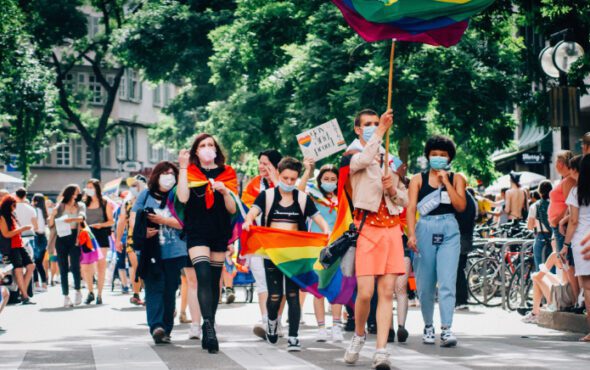
The United Nations (UN) has become the first international law body to rule that criminalising lesbian sex is a violation of human rights.
On 23 March, the Convention on the Elimination of All Forms of Discrimination against Women (CEDAW), a UN committee, determined that countries outlawing women having sex with other women are breaching human rights.
The judgement was made in relation to Sri Lanka’s Penal Code, which in Section 365 punishes “carnal intercourse against the order of nature” and in Section 365A, “any act of gross indecency”.
It dates back to 1883 and is rooted in British colonial rule, with the two provisions being understood as the criminalisation of consensual same-sex intercourse.
Those found to be in violation of them face fines and several years in prison.
Section 365A was amended in 1995 after it faced backlash for being discriminatory as it only prohibited same-sex activity between men, resulting in lesbian sex between women also being criminalised.
The case was brought to the committee by LGBTQ+ activist Rosanna Flamer-Caldera after she faced harassment because of her sexual orientation and advocacy.
Its ruling stated that “the criminalisation of same-sex sexual activity between women in Sri Lanka has meant that [Flamer-Caldera] has had difficulties with finding a partner, has to hide her relations and runs the risk of being investigated and prosecuted in this context.”
According to the judgement, Sri Lanka’s laws “failed to protect [her] against, and have partaken in, harassment, abuse and threats against the author’s work promoting the rights of lesbian, gay, bisexual, transgender and intersex community in Sri Lanka”.
The country now has six months to give the UN a written response to its ruling and explain how it will take action based on the recommendations.



